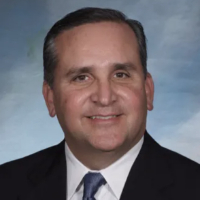Groom Bankruptcy & Debt Lawyer, Texas
Patrick A. Swindell
✓ VERIFIEDConsumer Bankruptcy, Bankruptcy, Bankruptcy & Debt
An AV® Preeminent™ Peer Review Rated℠ attorney by Martindale-Hubbell®, Patrick Swindell focuses on bankruptcy law and civil litigation. He is a ... (more)
Travis Chandler Sherwood
Credit & Debt, Personal Injury, Family Law, Oil & Gas
Status: In Good Standing Licensed: 9 Years
Nicholas Nevarez
Estate Planning, Bankruptcy, Family Law, Criminal, Immigration
Status: In Good Standing Licensed: 17 Years
Thomas Warren Kendrick
Construction, Family Law, Elder Law, Credit & Debt
Status: In Good Standing Licensed: 23 Years
Christopher Lee Pirtle
Education, Public Schools, Corporate, Credit & Debt
Status: In Good Standing Licensed: 15 Years
Stewart R. Werner
Estate Planning, Bankruptcy, Natural Resources, Personal Injury, Dispute Resolution
Status: In Good Standing
Steven L. Hoard
Business Organization, Banking & Finance, Collection, Medical Malpractice
Status: In Good Standing Licensed: 45 Years
Don D. Sunderland
Bankruptcy, Criminal, Commercial Real Estate, Business, Consumer Bankruptcy
Status: In Good Standing Licensed: 41 Years


